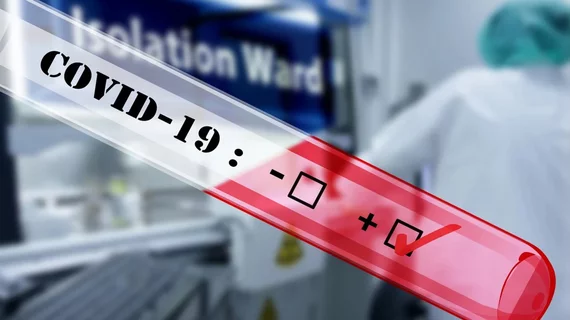Costly COVID: AHA braces hospitals, health systems to lose $51B per month
U.S. hospitals and health systems will collectively have lost $202.6 billion to COVID-19’s fiscal jolt by the end of June, the American Hospital Association is projecting.
AHA arrived at the estimate by analyzing four distinct prices the pandemic has been exacting on its constituencies since March. These are the effect of COVID-19 hospitalizations on overall hospital costs, the impact of canceled services on hospital revenue, the outlay for stocking up on PPE, and the spending by hotspot facilities supporting front-line workers and their families.
The organization posted a report detailing the dim fiscal forecast May 5.
It expects the total bill to arrive at the $202.6 billion figure by averaging around $50.7 billion per month between March 1 and June 30.
“As with any model, these findings are sensitive to underlying assumptions,” AHA notes in a discussion section of the report. “While the model accounts for the many costs borne by hospitals during this pandemic, there are additional costs that were not included due to limited available data.”
This means AHA’s four-month projections are probably overly optimistic. Additional costs not tallied in its analysis include those to deal with drug shortages, staffing needs, demand for ventilators and other non-PPE equipment and supplies, and capital costs to expand total bed counts and treatment capacities.
“During this time, we’ll need to address health disparities and ensure the health and safety of vulnerable communities,” AHA concludes. “We’ll face new behavioral health challenges in light of all that our nation has experienced. And we’ll need increased resources to address clinical resiliency to support the healthcare workers who answered the call when the country needed them.”
The full report is posted online.

